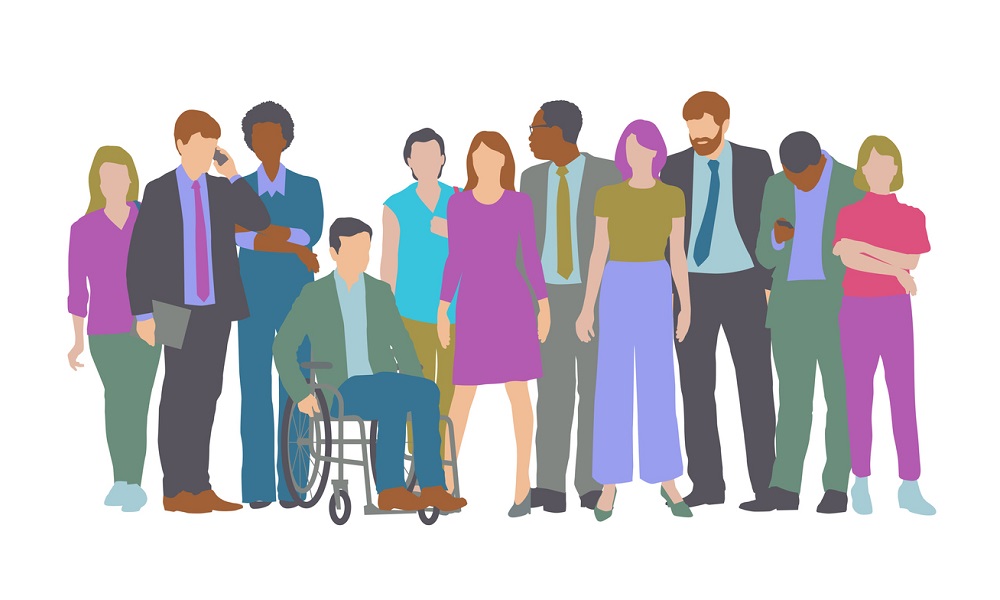The COVID-19 crisis has had a special impact on labor relations, as companies have been forced to take different measures to cope with the effects of the pandemic on their businesses. Nevertheless, perhaps it has gone unnoticed that these measures have been applied in the same way to persons with disabilities, who have also become immersed in temporary layoff procedures (ERTEs), paid leave or prolonged temporarily sick leave. And it is likely that the return by this group of workers to the labor market will be more difficult.
Persons with disabilities comprise a vulnerable and numerous group of people that often have physical or attention restrictions and less emotional resources to manage change, meaning that ongoing inactivity over time can affect their professional development, as well as the skills and habits they have consolidated prior to the pandemic. In addition, companies face a new employment situation, with possible restructuring, in which contracting or, simply, maintaining contracts with people with functional differences may not be a priority.
In Spain, despite the regulations published during the pandemic in different areas, the traditional obstacle facing the disabled to obtain work has been reduced with measures such as those established in Legislative Royal Decree 1/2013, of November 29, 2013 revising the General Law governing the rights of persons with disabilities and their social integration, which obliges public and private companies that employ 50 or more workers to employ at least 2% of such workers, amongst other requirements. Furthermore, special employment centers and the different associations and foundations that work with persons with functional differences play an essential role.
However, on this 3rd December, the International Day of Persons with disabilities, it is important to call on the empathy and efforts of all to create working opportunities and promote the contribution by companies to a more inclusive and equal society, in a new situation that is likely to be even more complicated for the disabled.
Corporate Social Responsibility
As far as companies are concerned, corporate social responsibility may mark the difference between different organizations and their competitive positions in the market, given that it goes beyond the mere compliance with the law from time to time. Accordingly, progress towards a diversity and inclusion strategy may strengthen this responsibility and constitute a reference for other organizations and the company itself.
Furthermore, apart from the discounts and reductions in Social Security applicable to the employment of persons with disabilities, we should not overlook the fact that this group of people has earned its place in the labor market and enabled us to value people according to their talents, thus providing business organizations with greater efficiency in specific tasks, enthusiasm, motivation, commitment and, in short, it a standardization of the labor relationships of persons with disabilities that promote professional relations and a positive working environment that is essential in all companies.
UNESCO celebrates the International Day of Persons with Disabilities with the motto: «Building back better: towards an inclusive, accessible and sustainable post COVID-19 world by, for and with persons with disabilities». Let’s adopt it and contribute our grain of sand to make it possible.
Garrigues Employment & Labor Law Department






